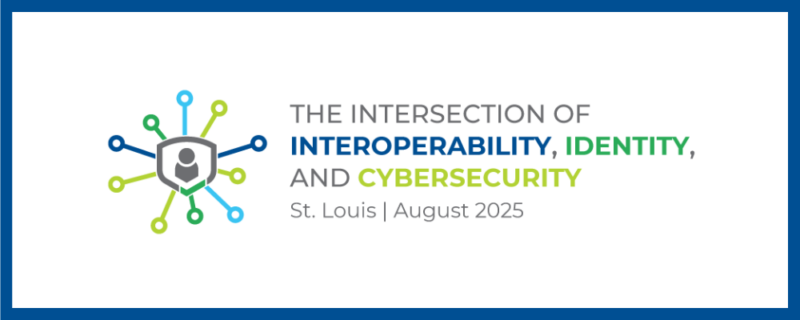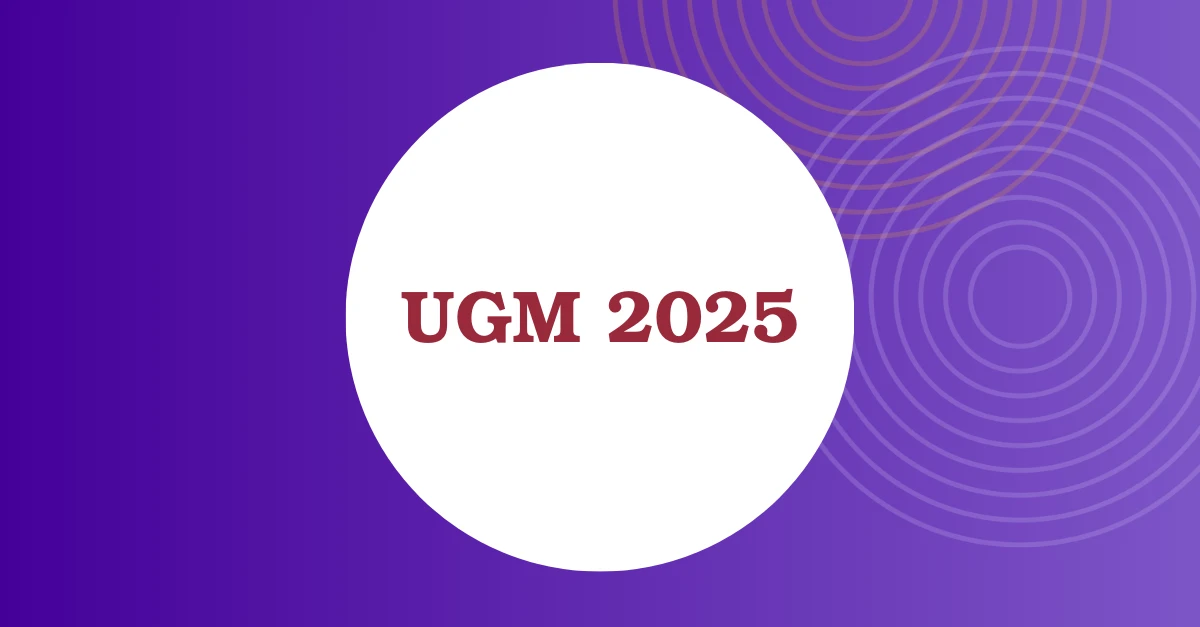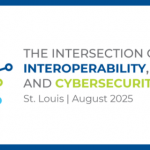A new age in cardiovascular care is being heralded by the implications of this new frontier for early prediction, prevention, and tailored treatment plans.
The investigation into the effects of AI on the diagnosis and prevention of heart disease is not just a story of technological achievement but also an example of cross-disciplinary cooperation. Experts in AI, data science, and cardiology are collaborating to fully realize the promise of deep learning networks and machine learning techniques. Massive datasets, including genetic data, electronic health records, lifestyle habits, and environmental factors, can be analyzed by these AI systems, which can reveal patterns and risk factors that are invisible to the human eye.
Predictive analytics represents one of the most innovative uses of AI in this field. Artificial intelligence (AI) programs can detect people who are at a high risk of heart disease years before the disease’s symptoms appear by sorting through layers of patient data. For example, researchers have created an algorithm that is more accurate than traditional risk assessment tools at predicting the chance of a heart attack or stroke. Because of this predictive ability, medical professionals can take proactive steps to stop heart disease before it starts, such changing a patient’s lifestyle or prescribing medication.
























